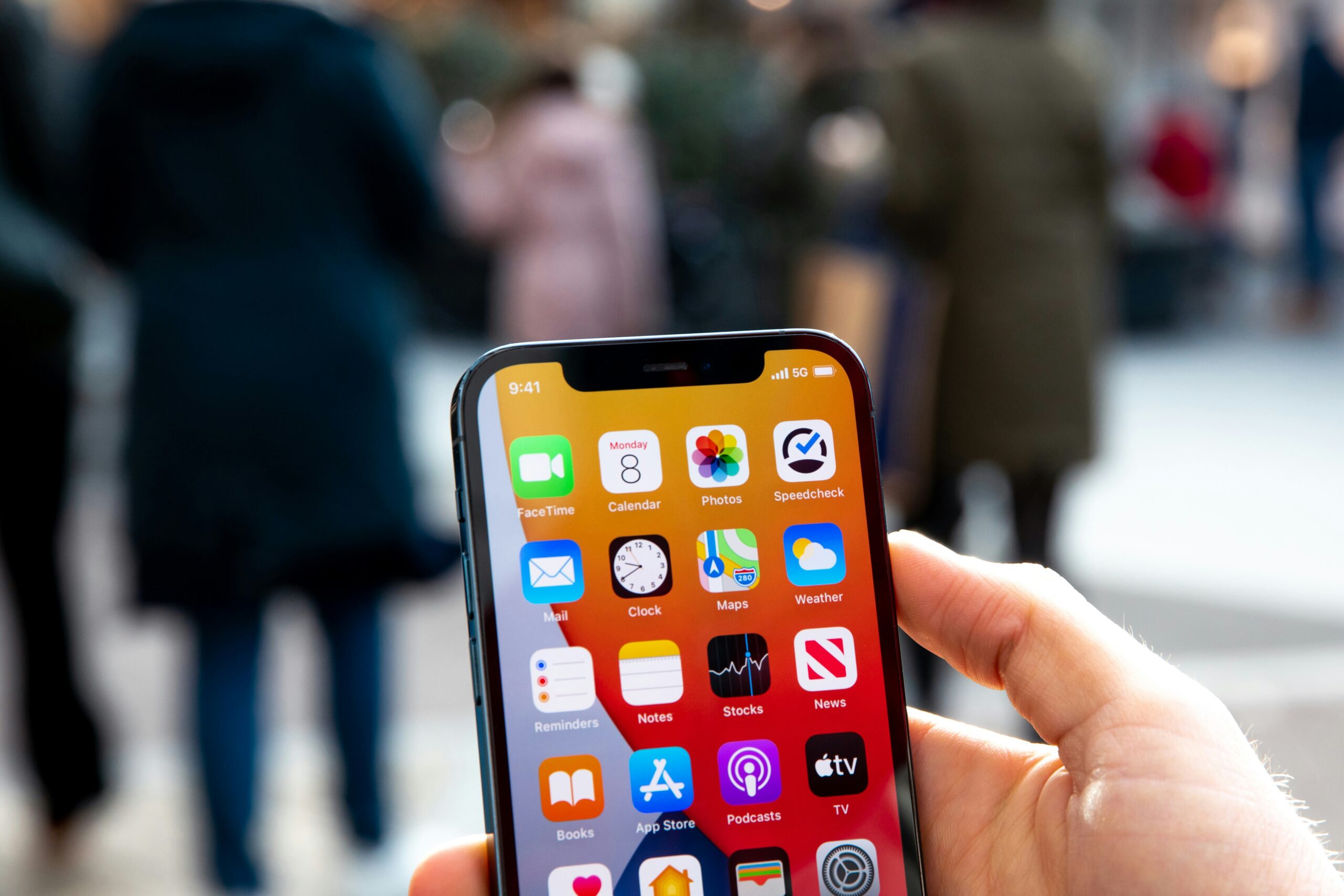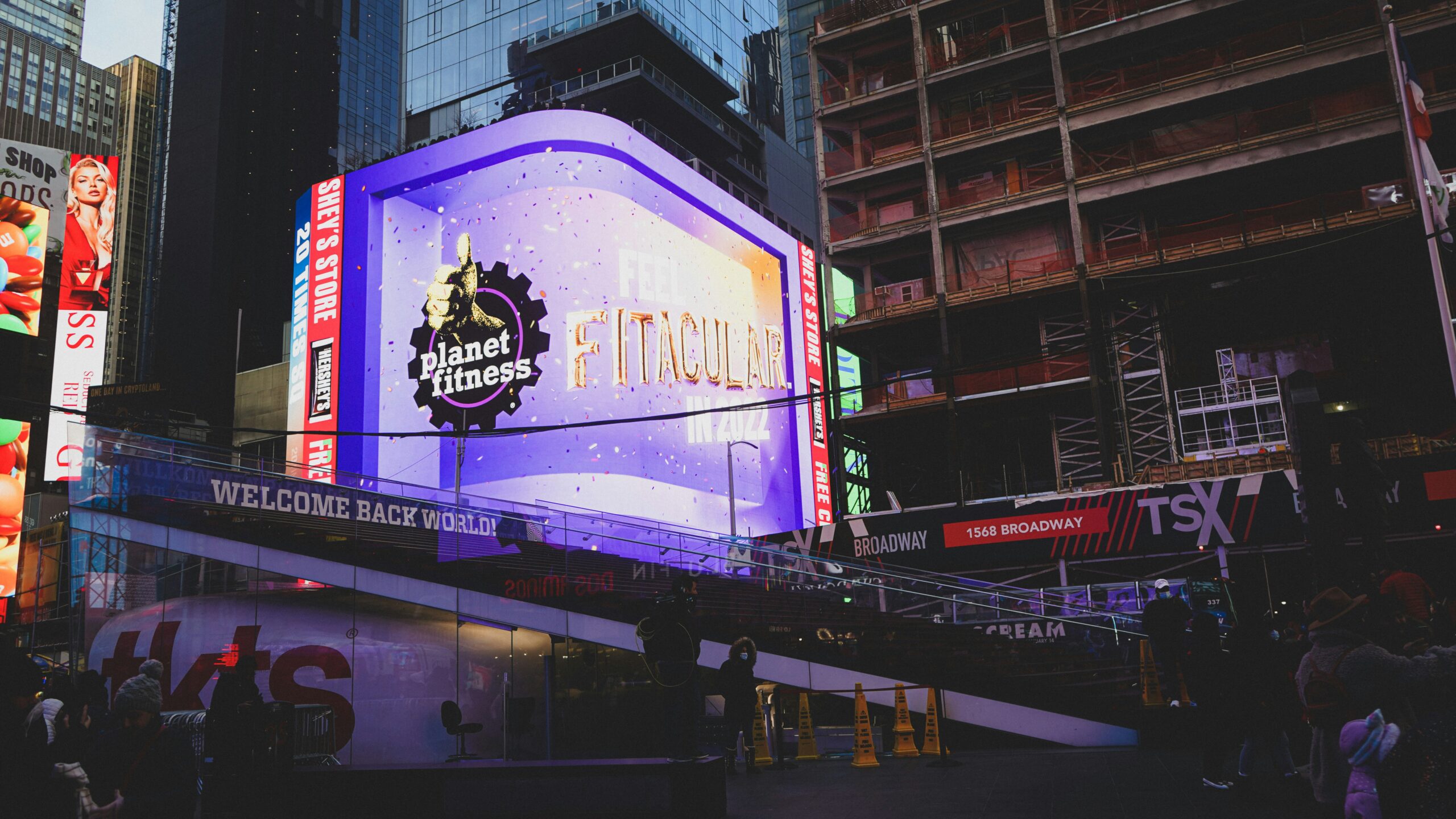Image credit: Pexels
The Rise of “Quiet Vacationing” Among Younger Workers
According to a recent Harris Poll poll of 1,170 American workers, a sizable majority of workers, particularly younger generations like Gen Z and millennials, are not using their allowed paid time off (PTO), with 78% stating they leave days unused. According to the poll, there’s a rising tendency among these workers that they feel under pressure to meet deadlines, stay productive, and not be seen as slackers, which has created a culture of “quiet vacationing.”
The Harris Poll’s principal strategy officer, Libby Rodney, observes that young workers are more scared to take time off, and They instead turn to take secret breaks. Millennials know that around 40% of them have taken time off without telling their boss. They frequently utilize strategies like moving their mouse to look active on chat services like Microsoft Teams or Slack, or they schedule messages to be sent at odd hours to give the impression that they are working longer hours.
The “quiet vacationing” term is a reflection of a big problem where taking paid time off is never offered for people. While millennials prefer to handle it covertly in an effort to achieve a work-life balance behind the scenes, Gen Z employees are more likely to speak out against company regulations that discourage taking time off.
Overcoming Reluctance: Improving PTO Culture in the Workplace
The drawbacks of limitless paid time off amplify the reluctance to use PTO. Although the goal of these rules is to improve work-life balance and offer flexibility, employees tend to take less vacation days as a result of them. Those who have a set amount of paid time off (PTO), 11 to 15 days, are more likely to use those days than those who have 16 or more days, who typically take less vacations. This unexpected result emphasizes the importance of creating a positive PTO culture as opposed to just giving employees more vacation days.
Rodney recommends that businesses adopt a number of actions to improve the atmosphere for taking paid time off (PTO) in order to solve this problem. It is essential to be open and honest about the process of seeking time off. By taking time off themselves and aggressively encouraging their staff to do the same, employers may normalize paid time off. Furthermore, requiring a specific duration of leave helps guarantee that workers receive the necessary rest.
Creative PTO guidelines can also be beneficial. To guarantee that every employee takes a break at the same time on important holidays, several businesses are instituting company-wide shutdowns. Others mandate employees to take a specific amount of paid time off (PTO) days per quarter in order to spread their vacation time throughout the year, or they give paid vacations to new recruits before their start date.
In addition to workplace regulations, many Americans think the United States should take into account enacting labor rules like those in Europe, which impose distinct limits on work and personal time. These laws frequently contain provisions safeguarding employees’ personal time after work, longer lunch breaks, shorter workweeks, and longer vacation times. By fostering a more harmonious work-life balance, these policies may lessen the need for sneaky ways to take time off.
According to the Harris Poll report, legislation and cultural shifts are desperately needed to encourage American workers to take the well-earned time off. By resolving these problems, companies can create an atmosphere where workers feel free to use paid time off, which will improve output, morale, and general wellbeing in the long run.




























































































































































































































